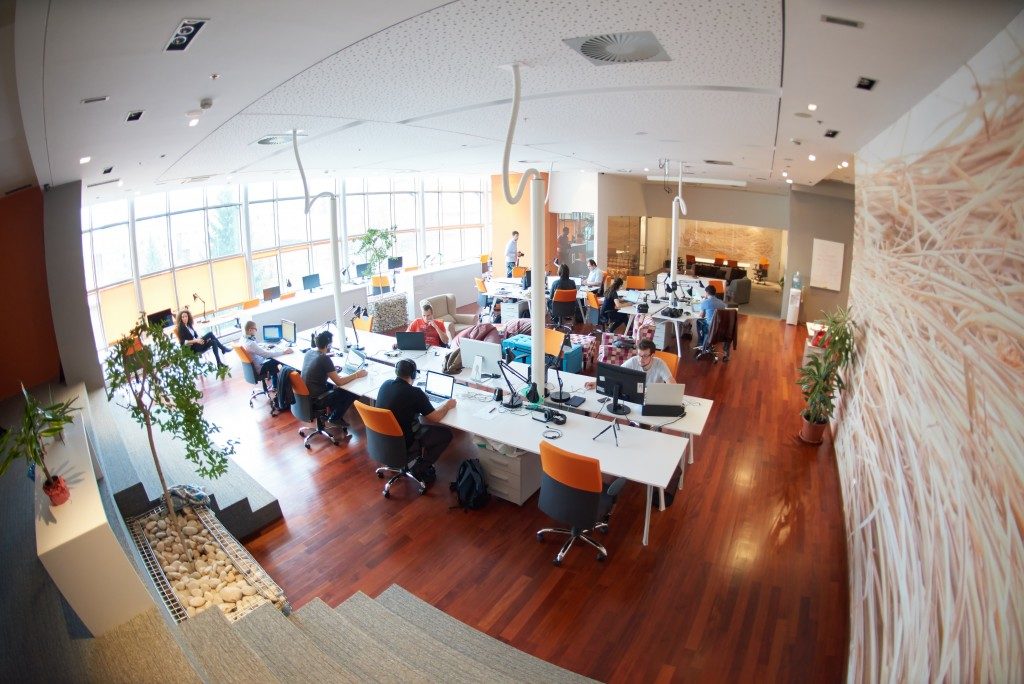One of the most important things to think about when starting a business is the location. Choosing the wrong location might be akin to betting against your own success from the get-go. You want the foot traffic and the visibility, but you also want to make sure the right people see your business signage.
There are several factors to consider when choosing the location of your first office. Get started with the following.
1. Surrounding Offices
It’s a good idea to blend in with the neighborhood. You don’t want to be the odd one out. While you can design it to stand out in a sea of boring office spaces, you also want to keep within the limitations. Learning how to find office space in Utah means learning about the location and the other offices surrounding it.
Get to know your future neighbors and see if there are competing businesses nearby. While healthy competition makes the economy thrive, and you can benefit from being close to your main competitor, your chances of success might be hampered by the proximity of a more established business.
2. Target Market
You can find an office for lease or for sale in a busy street and you want to grab the opportunity to get that place as soon as possible, but don’t rush into a contract before evaluating the kind of traffic in the area. If you’re targeting clients of a certain age group, it’s important to know whether a good portion of them contributes to the foot traffic in your desired address.
This is also vital when you’re offering products catered to a certain income bracket. A high-end jewelry shop, for example, wouldn’t want to set up its main office in a place populated by entry-level employees, who may not be earning enough to afford your products just yet.
3. Size
 It’s not just the address that matters when buying an office. Your business has its own process, and a tight space might make the workflow harder to manage. Conversely, an office that’s too big could give the impression that you’re understaffed or that you bit off more than you could chew.
It’s not just the address that matters when buying an office. Your business has its own process, and a tight space might make the workflow harder to manage. Conversely, an office that’s too big could give the impression that you’re understaffed or that you bit off more than you could chew.
Choose an office that’s right for your current needs and number of employees, but with a little overhead in case you need to hire more before the lease is up. All businesses aspire for growth, and while that may not always mean physical expansion, it’s still better to be prepared.
4. Public Interest
Foot traffic refers to the number of people who pass by your office regularly. Public interest, on the other hand, refers to the buzz your business has generated before even moving in. This helps you gauge whether the public accepts your brand, which means they would be willing to do business with you.
It’s not uncommon in conservative neighborhoods to oppose businesses that are controversial in nature. Even if you think your business is the furthest from controversial, you still want to have an idea of how the people surrounding your office think about the work that you do.
There’s a lot to think about before settling down in one office. After all, you’ll be signing a contract tying you down to that place for a number of years. Choose wisely to give your business an edge.

